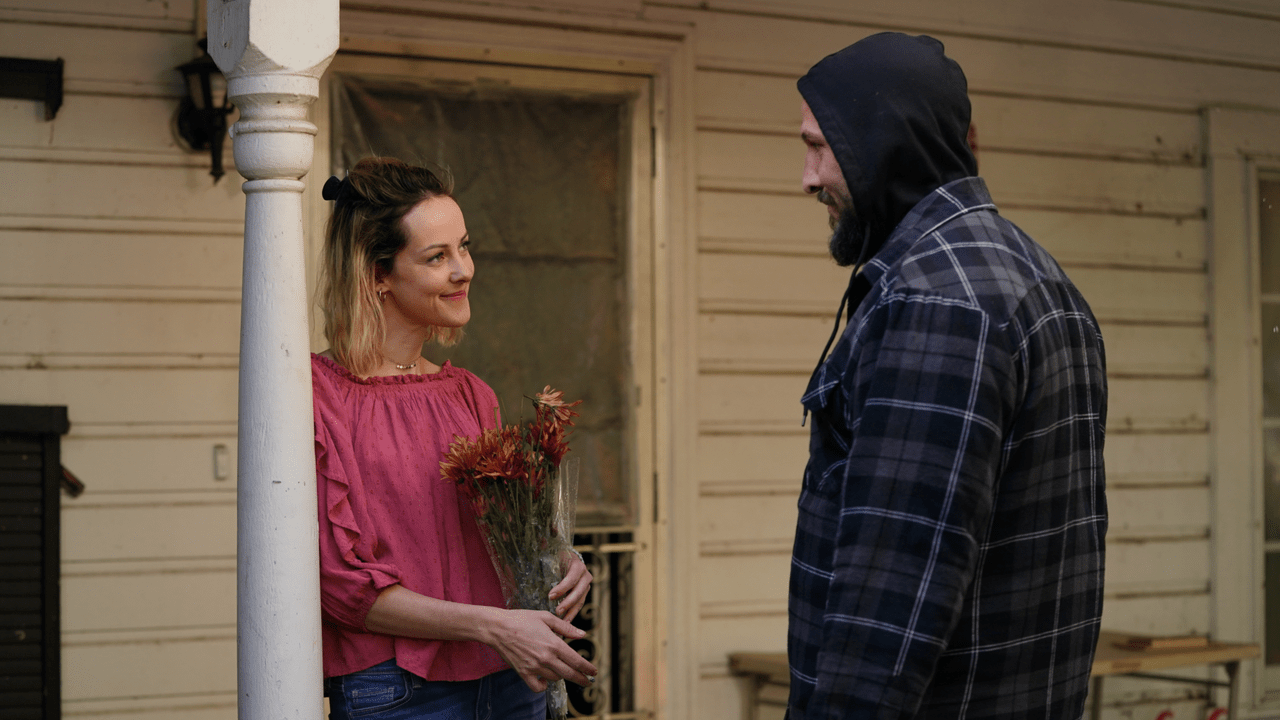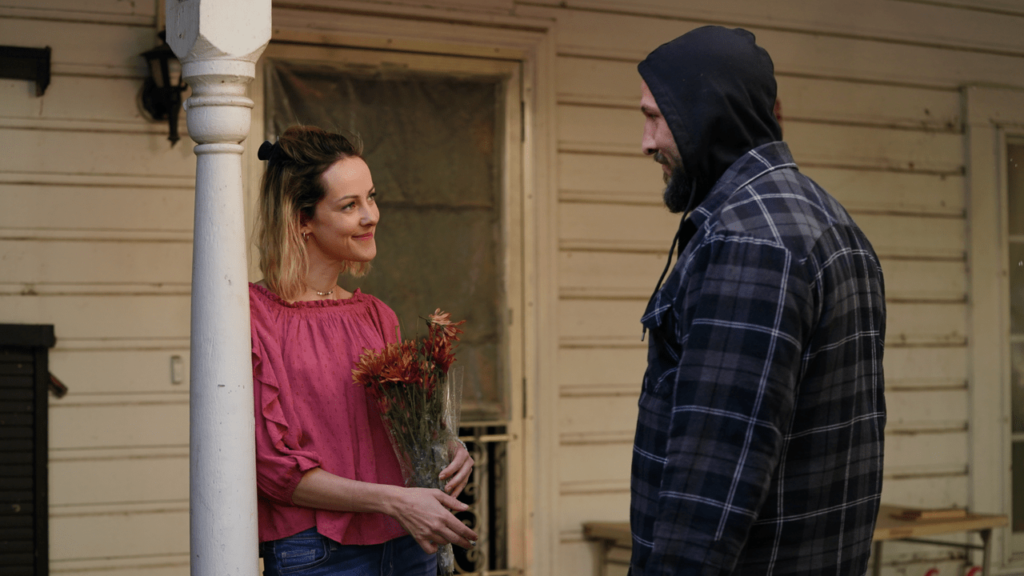Pick of the Day: “Lorelei”
First-time feature director Sabrina Doyle told us that “Lorelei” is the result of her desire to “make a film about working-class people that shows their resilience, their inner lives, and their hidden dreams.” She explained, “I grew up in...

First-time feature director Sabrina Doyle told us that “Lorelei” is the result of her desire to “make a film about working-class people that shows their resilience, their inner lives, and their hidden dreams.” She explained, “I grew up in a working-class family, and feel I don’t often see the working classes depicted insightfully or tenderly on film.” That insight and tenderness is what sets the Tribeca drama apart.
On paper, “Lorelei” sounds primed to devolve into poverty porn or a mawkish romance. Written by Doyle, the pic tells the story of a high school couple who reunites over a decade after parting ways. After 15 years in prison, Wayland (Pablo Schreiber) reconnects with Dolores (Jena Malone), a single mother of three kids — who are all named after different shades of blue — and part-time hotel maid. Wayland and Dolores used to spend their days dreaming about escaping their hometown and watching the sunrise in California. Neither ended up passing state lines, and their lives couldn’t be further from the ones they so eagerly envisioned. The film follows the couple as they reminisce about the past and struggle to build a future together.
Never cloying or pitying, “Lorelei” doesn’t do its protagonists the disservice of valorizing them or oversimplifying their situations. The characters feel real — like flawed, multi-dimensional people. Wayland, Dolores, and their relationship don’t need to be perfect for us to root for them, and Doyle has enough faith in the audience, and in Malone and Schreiber’s stellar performances, to tell this story accordingly. The film confidently walks the line of being empathetic to these people and their plights without being patronizing. Also refreshing is its depiction of Dolores’ kids, who each have their own distinct identities, and their own feelings about having a father figure inserted into their lives.
Asked what she’d like audiences to think about after watching the film, Doyle told us, “Maybe not so much a concrete thought as a feeling — which is what my favorite films leave me with — that life is mysterious, tragic, complicated, and kind of wonderful. Our composer, Jeff Russo, said he hoped his score for the closing moments of the film would make audiences lean forward in their seats, and I think that’s a genius instinct when so many films at the end ask you to relax and lean back.”
“Lorelei” is now in theaters and available on VOD. Find screening info here.

 AbJimroe
AbJimroe 

































